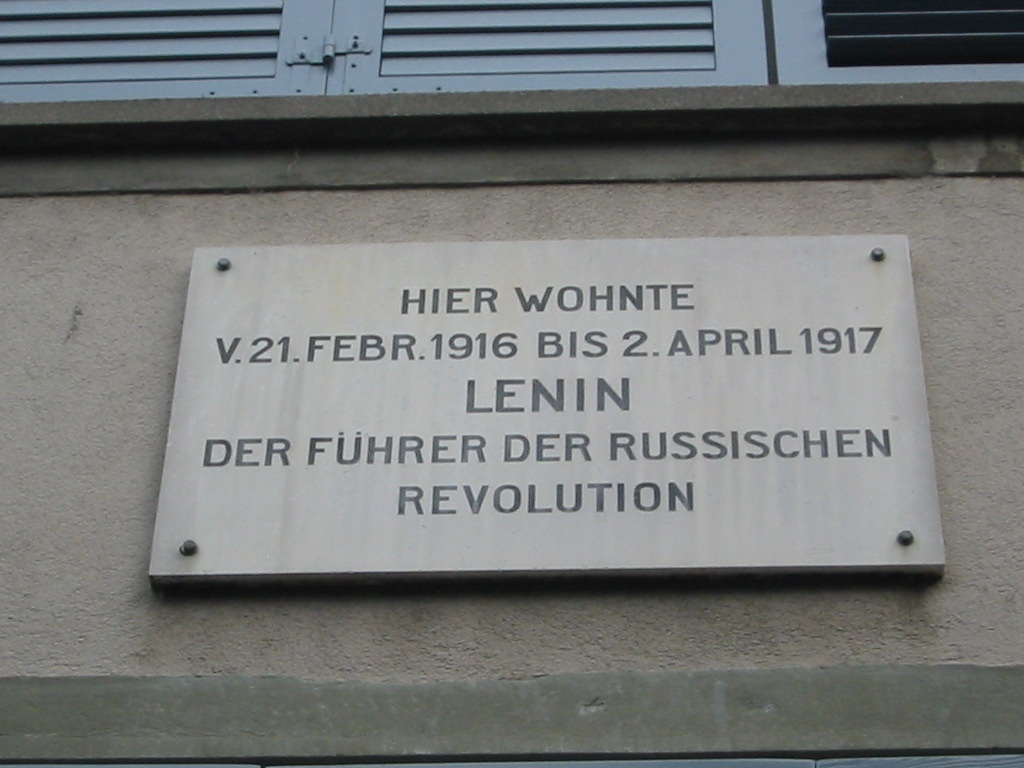Euro-zone experiment is 12-years old today. It grew from original 11 countries to now 17.
The latest edition is Estonia. It is tiny, but it is first from former Soviet Republics.
| N | Euro Zone Country | Date Entered |
|---|---|---|
| 1 | Austria | 1999-01-01 |
| 2 | Belgium | 1999-01-01 |
| 3 | Finland | 1999-01-01 |
| 4 | France | 1999-01-01 |
| 5 | Germany | 1999-01-01 |
| 6 | Ireland | 1999-01-01 |
| 7 | Italy | 1999-01-01 |
| 8 | Luxembourg | 1999-01-01 |
| 9 | Netherlands | 1999-01-01 |
| 10 | Portugal | 1999-01-01 |
| 11 | Spain | 1999-01-01 |
| 12 | Greece | 2001-01-01 |
| 13 | Slovenia | 2007-01-01 |
| 14 | Cyprus | 2008-01-01 |
| 15 | Malta | 2008-01-01 |
| 16 | Slovakia | 2009-01-01 |
| 17 | Estonia | 2011-01-01 |
The experiment is growing despite tremendous difficulties. National Governments have to give up one of the potent tools at their disposal – printing money uncontrollably.
I can’t recall anything like this in human history. National Governments voluntarily give up some of their power. Apparently economic benefits of a single-currency Geo-space just outweighs the lost control.
And we know at least 2 examples showing that large areas with the same currency are beneficial – China and USA. So, for Europe, Euro-zone is a good way to stay relevant and competitive in the years to come.
Among notable exceptions to the Euro-Zone right in the body of European continent are Switzerland, United Kingdom and Denmark.
Currently 1€ buys $1.33. It is possible that council of 17 “cooks” will be a better watchdog over Euro than one Federal Reserve (USA) with high power printing presses.





Be the first to comment